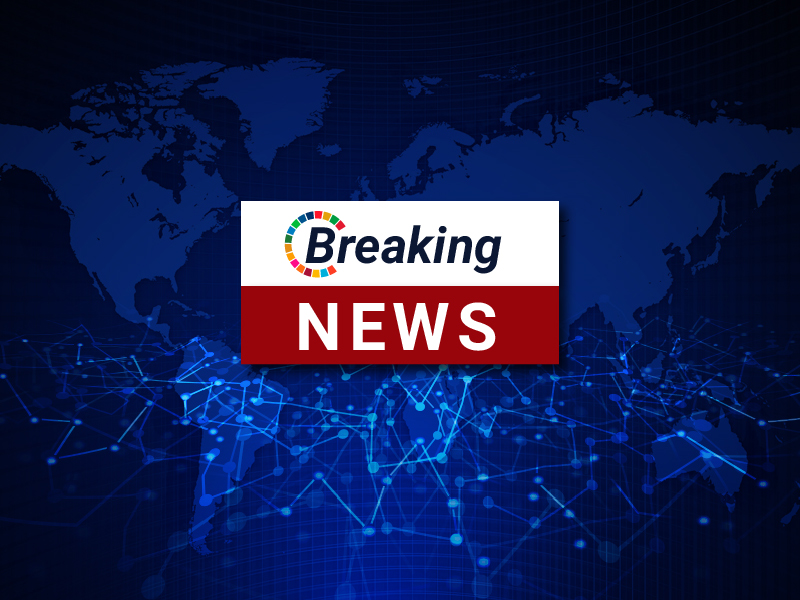UPDATE 1-Fierce document dispute grips Trump Supreme Court pick's hearing

- Country:
- United States
A dispute over documents relating to abortion, race and other issues dating to the prior White House service of Brett Kavanaugh, President Donald Trump's Supreme Court pick, spilled over into the nominee's contentious Senate confirmation hearing on Thursday, as previously withheld papers were made public.
The third day of the confirmation hearing of the conservative federal appeals court judge selected by Trump for a lifetime post on the high court again was repeatedly interrupted by protesters hostile to the nominee.
Democratic Senator Cory Booker called the process used by the Republican-led committee to decide which documents to make public "a bit of sham," a characterization rejected by the panel's chairman, Chuck Grassley.
Booker focused on a document he said described Kavanaugh's views as a White House aide under former President George W. Bush on the use of "racial profiling" in the aftermath of Sept. 11, 2001, attacks on the United States that the senator said had been blocked from public release by committee Republicans. Booker had the backing of Democratic colleagues in demanding the release of that document and others.
Republican Senator John Cornyn took issue with Booker's comments.
"No senator deserves to sit on this committee or serve in the Senate, in my view, if they decide to be a law unto themselves and willingly flout the rules of the Senate and the determination of confidentiality and classification. That is irresponsible and conduct unbecoming a senator," he said.
"Running for president is no excuse for violating the rules of the Senate or of the confidentiality of the documents that we are privy to," Cornyn added, referring to speculation that Booker might run for president in 2020.
The committee within minutes released various documents that Democrats had requested. The New York Times had earlier obtained some of the documents relating to emails Kavanaugh wrote touching upon abortion and race issues when he served in the Bush White House.
In the document mentioned by Booker, Kavanaugh said that although he favored race-neutral policies in policing, there was an "interim question of what to do before a truly effective and comprehensive race-neutral system is developed and implemented."
If confirmed by the Senate, Kavanaugh is seen as likely to tilt the nation's highest judicial body even further to the right. That prospect worries Democrats and heartens Republicans on volatile issues including abortion, gun rights, gay rights, the death penalty, religious liberty, and business regulation.
In another document, Kavanaugh suggested striking a line from a draft opinion piece that had stated "it is widely accepted by legal scholars across the board that Roe v. Wade and its progeny are the settled law of the land," saying that the Supreme Court could overturn it.
Asked about that document on Thursday, Kavanaugh said he suggested the change because he thought the language was overstating the thinking of legal scholars at the time. He again declined to say whether the landmark 1973 ruling that legalized abortion nationwide, Roe v. Wade, was correctly decided.
"Roe v. Wade is an important precedent of the Supreme Court. It has been reaffirmed many times," he told the panel.
Kavanaugh wrote in another document that some U.S. Transportation Department affirmative action regulations used "a lot of legalisms and disguises to mask what is a naked racial set-aside." Affirmative action refers to policies that favor groups like racial minorities in practices such as hiring that have experienced past discrimination.
After more questions from senators on Thursday, the hearing is set to wrap up on Friday with testimony from outside witnesses. Republicans hope Kavanaugh will be confirmed by the Senate before the next Supreme Court term starts on Oct. 1.
Senate Democrats have vowed a tough fight to block Kavanaugh. But Trump's fellow Republicans maintain a narrow Senate majority and there are no signs of defections in their ranks, indicating Kavanaugh likely will be confirmed.
Trump picked Kavanaugh, 53, to replace Justice Anthony Kennedy, who announced his retirement in June. Kavanaugh has served as a judge for 12 years after being appointed by Bush.
During a marathon session on Wednesday, Kavanaugh avoided answering questions about the scope of presidential power including whether a president can pardon himself.
The hearing's focus on Wednesday on presidential power came amid a widening probe by Special Counsel Robert Mueller into Russian meddling in the 2016 U.S. election and turmoil within the White House, clouding the presidency of Trump, who is working to get more conservative judges appointed to the federal courts.
(This story has not been edited by Devdiscourse staff and is auto-generated from a syndicated feed.)
ALSO READ
Delhi Traffic Police issues advisory for planned BJP protest in Delhi's protests against Kejriwal
Israel Issues Strong Warning to Iran: Direct Strike Possible in Response to Potential Attacks from Iranian Territory
Manipur violence documentary screened in Kerala church under Syro Malabar Church
Odisha CM forms ‘manifesto committee’ to help BJD prepare poll document
Guatemala's president issues natural disaster declaration as 44 forest fires rage on










